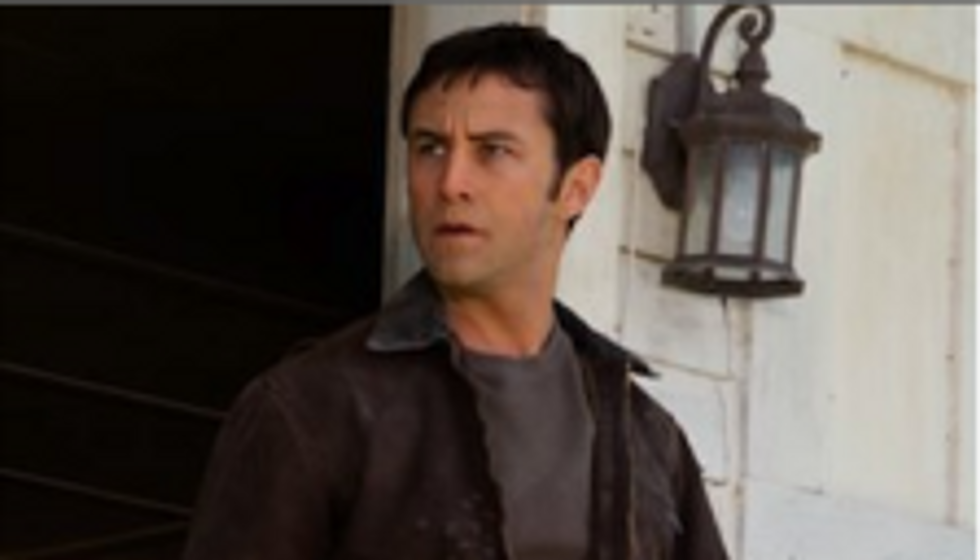Rian Johnson's Sci-Fi Film 'Looper': A Great Case Study of the MacGuffin

Isaac Niemand's McGuffin by Hitchcock:
Can I just say I love motion graphics? Fantastic job, Isaac.
Wikipedia describes the MacGuffin succinctly:
In fiction, a MacGuffin (sometimes McGuffin or maguffin) is a plot device in the form of some goal, desired object, or other motivator that the protagonist (and sometimes the antagonist) is willing to do and sacrifice almost anything to pursue, often with little or no narrative explanation as to why it is considered so desirable.
I'm an avid reader of the blog boingboing.net, and I was excited to see something so relevant to me as a filmmaker in Jamie Frevele's wonderful take on the MacGuffin. She took note that in Looper, the MacGuffin was the telekenisis abilities (TK) humans have evolved:
TK is barely ever mentioned after the first time it's brought up early on, so for a while, we don't actually know if the Rainmaker has TK abilities, or if TK is even relevant -- the very definition of a MacGuffin. Sometimes MacGuffins end up being a huge deal, sometimes they're completely forgotten, existing only to throw us off. Personally, I like this, especially when it's done cleverly.
Check Jamie's post for the full breakdown on Looper.
Regarding her take on Looper and the TK MacGuffin -- I couldn't agree more. As a filmmaker and screenwriter, I find it difficult not to trace out the plot of films sometimes. I find myself humming "alright, here comes the third act" or "there's the loaded gun." But I love films that can still pull the wool over my eyes. It inspires me, and makes me want to continue creating.
I wasn't so blindsided by Looper's use and mention of TK -- I mean c'mon, the only purpose for something so powerful is a parlor trick? -- but I did love the focus of the film being so much more on the time traveling, and less on the supernatural TK. As an audience member, I was using another part of the brain (the part where you try to reason out the time travel, versus the part where you sit back and enjoy a good supervillan). And, like when witnessing any good sleight of hand, I was grinning ear to ear by the end.
Working from this case study, I plan to incorporate more traditional MacGuffin's in my own work. When using the device, I tend to be literal, and I need to work in more subtle callbacks that pack a punch like Looper's.
What are some of your favorite MacGuffins?
While we're on the subject, if you have seen Looper, consider going back once more and listen to in-theater commentary during the film -- and let us know what you think.
Links:











